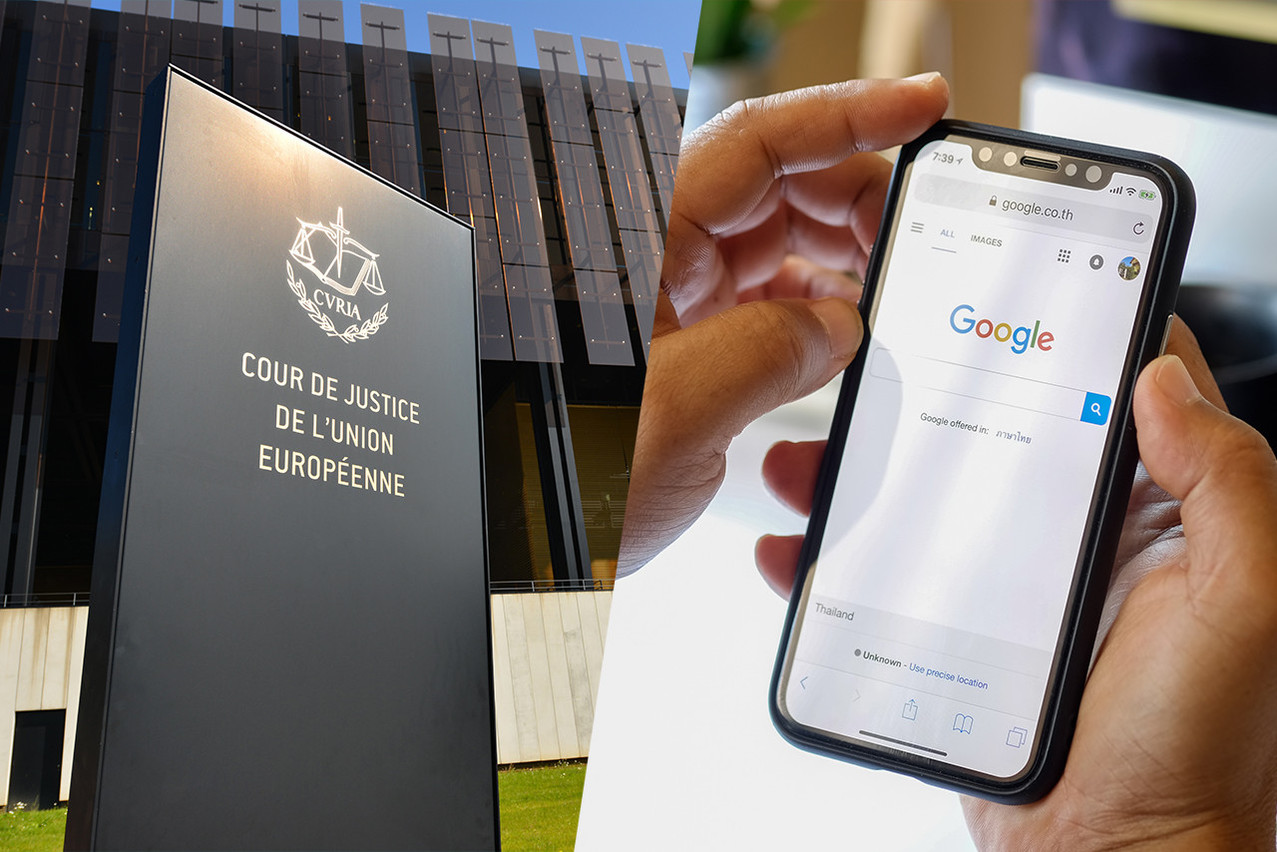A new ruling by the EU’s top court has supported the right to be forgotten. The case originated in Germany and concerns two managers of a group of companies, who asked Google to do two things. Firstly, they asked Google to dereference the results that were found when their name was searched, and that linked to articles that criticised their investment model. The pages contained inaccurate allegations, they claimed. And secondly, to remove their photos, displayed as a thumbnail after a search for images with their name, without any contextual information about the publication.
The search giant refused to respond. The German Federal Court of Justice had asked the ECJ to interpret the General Data Protection Regulation (GDPR), which provides for the right to be forgotten.
Question of evidence
The result: Google must dereference the information, because the plaintiffs had proved its inaccuracy.
“In today’s judgment, the court points out that the right to protection of personal data is not an absolute right but must be considered in relation to its function in society and be balanced against other fundamental rights, in accordance with the principle of proportionality. Accordingly, the general data protection regulation expressly provides that the right to erasure is excluded where processing is necessary for the exercise of the right, in particular, of information,” the ECJ stated on Thursday.
However, freedom of expression and freedom of information do not apply when “the information found in the referenced content proves to be inaccurate.”
The court stated that “that it is for the person making such request to establish the manifest inaccuracy of the information or of a part of that information which is not of minor importance. However, in order to avoid imposing on that person an excessive burden which is liable to undermine the practical effect of the right to de-referencing, that person has to provide only evidence that can reasonably be required of him or her to try to find. That person therefore cannot be required, in principle, to produce, as from the pre-litigation stage, a judicial decision made against the publisher of the website in question, even in the form of a decision given in interim proceedings.”
However “where the inaccuracy of information found in the referenced content is not obvious, in the light of the evidence provided by the person making the request, that search engine operator is not required, where there is no such judicial decision, to accede to such a request.” The internet firm need only inform the complainant of the proper procedures to lodge a grievance.
Balancing act for photos
Regarding the photo thumbnails, the court ruled that the right to privacy of the two executives must be balanced against the right to information of internet users: “account must be taken of the informative value of those photos without taking into consideration the context of their publication on the internet page from which they are taken.”
Read this article in French on the site
Read also
